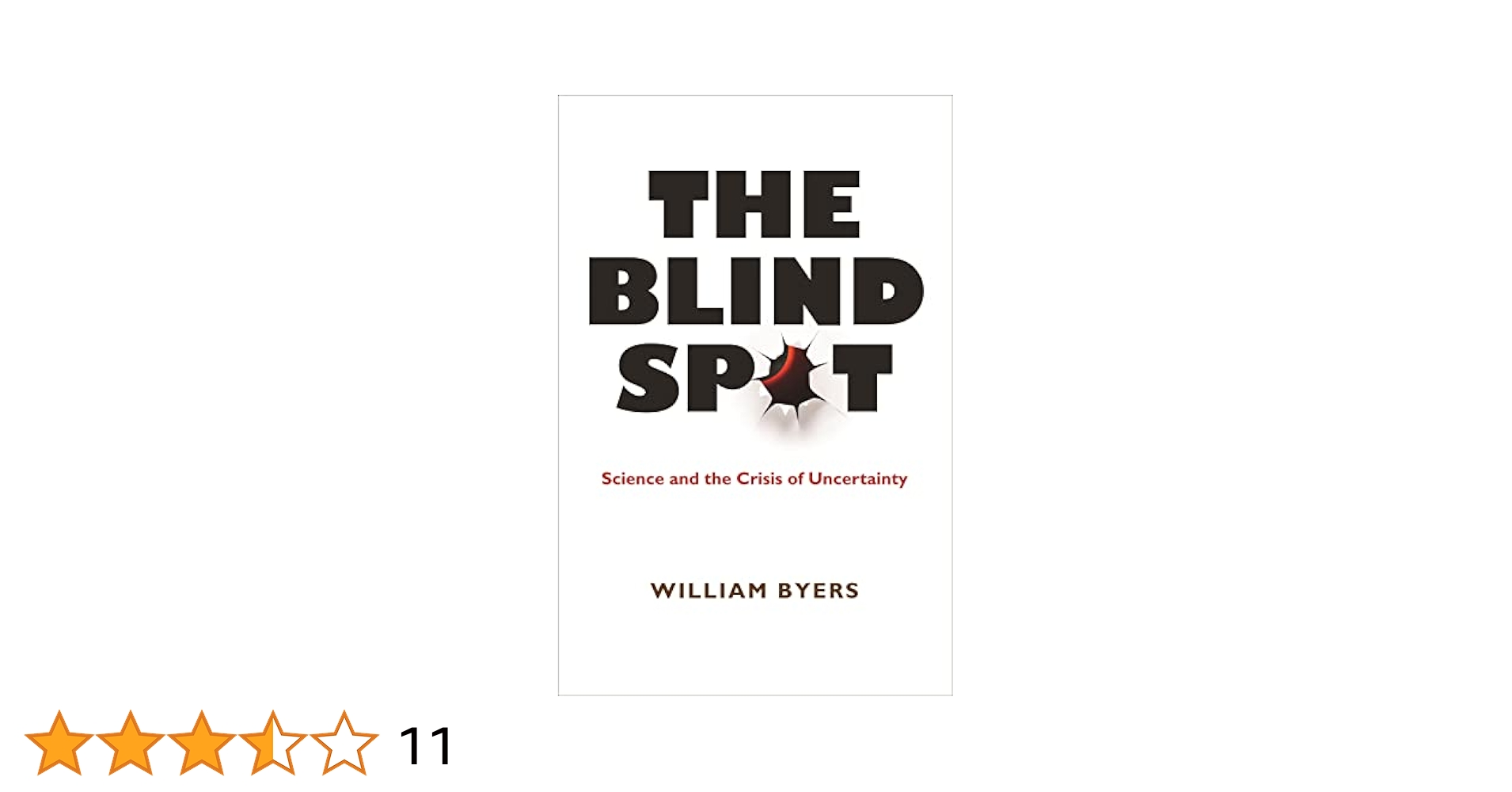
# Investigating the Theoretical Crisis in Psychology: Key Readings Recommended by Professionals
A recent discussion prompted by Ekaterina Damer ignited a lively and reflective exchange among psychologists on Twitter regarding the status of theory in the field of psychology. Highlighting the persistent “theory crisis,” which parallels the more widely acknowledged “methods crisis,” this dialogue encouraged many academics to share their suggested readings. These resources delve into theory development, assessment, and formulation within psychology and the broader realm of behavioral sciences.
This article consolidates the suggestions from that enriching conversation, serving as a key resource for individuals keen on exploring significant viewpoints on psychological theory. The compilation spans a diverse array of perspectives, encompassing methodology, epistemology, and the philosophy of science.
—
## Essential Suggestions Regarding Theories in Psychology
### 1. **The Essence of Explanation**
– (Recommended by Iris van Rooij)
Robert Cummins’ article [“How does it work?” vs. “What are the laws?”](https://pdfs.semanticscholar.org/f5b1/b05e8313aee94ccd98e80eab3ec56dbd2c97.pdf) contrasts two interpretations of psychological explanation: those centering on functional analysis versus those aimed at discovering universal laws.
### 2. **Constructing Theories in Social Personality Psychology**
– (Ed Orehek)
An exploration of how individual experiences influence theory creation is offered in this [special issue](http://journals.sagepub.com/doi/abs/10.1207/s15327957pspr0802_1) of the Personality and Social Psychology Review.
### 3. **Personal Insights on Theory**
– (Djouria Ghilani)
Gerd Gigerenzer’s [study](http://journals.sagepub.com/doi/abs/10.1177/0959354310378184) reflects on the progression of psychological theory and personal researcher engagement with it.
### 4. **Notable Works by Barry Markovsky and Paul Meehl**
– (Widespread agreement; Tal Yarkoni among others)
Paul Meehl’s renowned critiques, such as [Theory-testing in psychology and physics](http://meehl.umn.edu/sites/g/files/pua1696/f/074theorytestingparadox.pdf), [Appraising and amending theories](http://meehl.umn.edu/sites/g/files/pua1696/f/147appraisingamending.pdf), and [Why summaries are often uninterpretable](http://meehl.umn.edu/sites/g/files/pua1696/f/144whysummaries.pdf), remain essential readings in confronting the theory crisis in psychology.
Barry Markovsky’s [compiled works](https://works.bepress.com/barry_markovsky/) also provide invaluable perspectives on theory from a sociological viewpoint.
Moreover, [PsychBrief](http://psychbrief.com/meehl-videos-papers/) is aggregating summaries of Meehl’s work for easier comprehension.
### 5. **Misunderstandings About Theory**
– (Burak Tunca)
The classic article [“What Theory is Not”](http://haas.berkeley.edu/faculty/papers/stawtheory.pdf) by Robert Sutton and Barry Staw critically addresses prevalent misconceptions surrounding the definition of a theory.
### 6. **Theory Development in Cognitive Science**
– (Joshua Skewes)
Valerie Gray Hardcastle explores methodologies for developing theories specifically within the cognitive science domain.
### 7. **Explanation and Hypothesis Formulation**
– (Randy McCarthy)
Gawronski and Bodenhausen’s discussion on theory and explanation, particularly [Chapter 1](https://www.guilford.com/books/Theory-and-Explanation-in-Social-Psychology/edited-by-Gawronski-Bodenhausen/9781462526645), provides a direct inquiry into theory in social psychology.
– (Kimberly Quinn)
William McGuire’s classic article on [creative hypothesis generation](http://sing.stanford.edu/cs303-sp11/papers/mcguire_hypothesis_gen.pdf) remains an essential reference for crafting innovative psychological research.
### 8. **Practical Resources for Theory Formulation**
– (Daniël Lakens)
Jaccard and Jacoby’s publication *Theory Construction and Model-building Skills* offers practical guidance, while Klaus Fiedler’s article addresses the creative cycle associated with generating theories.
### 9. **Critiquing the Importance of Model Fit**
– (Tom Stafford)
Roberts and Pashler’s [critical examination](https://cloudfront.escholarship.org/dist/prd/content/qt5vt0z72k/qt5vt0z72k.pdf) questions the notion that a strong empirical fit automatically endorses a theory.
### 10. **Computational Modeling in Developmental Science**
– (Richard Prather)
An enlightening discussion can be found